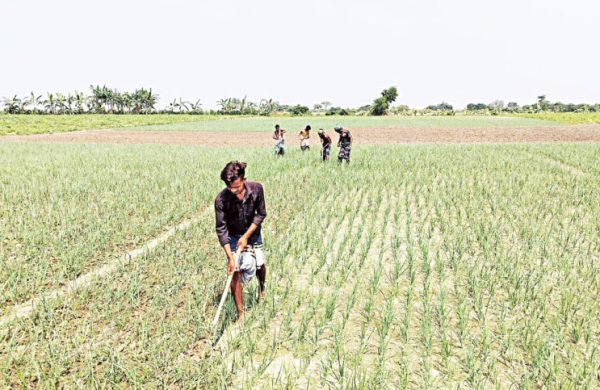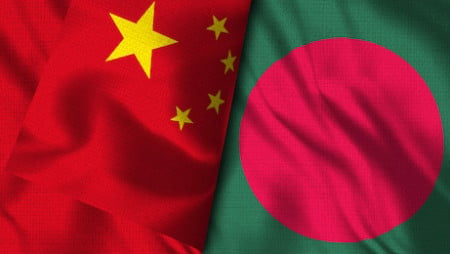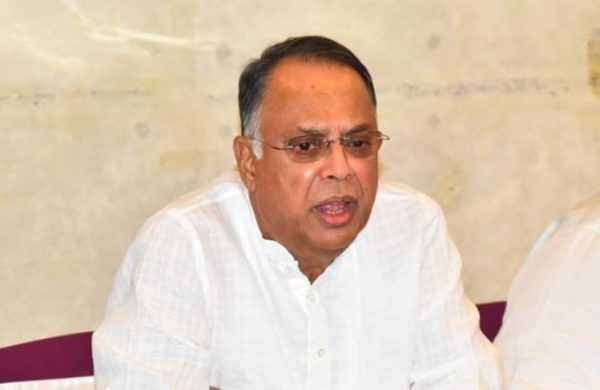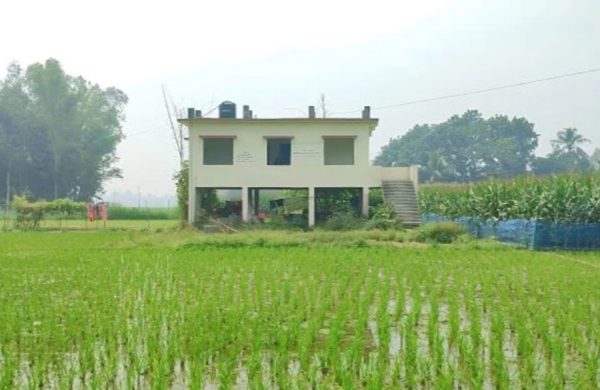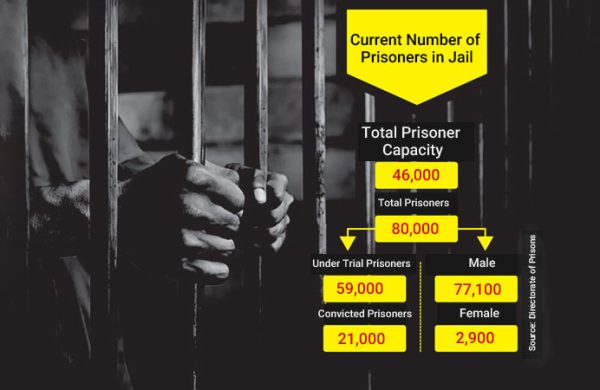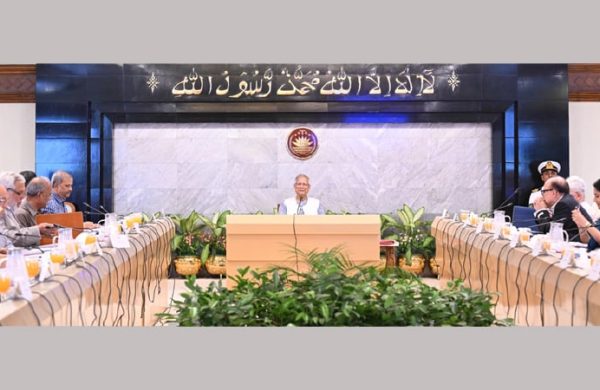Fourth, fifth loan tranches may come together in June
- Update Time : Thursday, February 6, 2025

TDS Desk:
Releasing the fourth instalment from IMF loan package may be delayed until June and come jointly with the fifth tranche then, unless two mandatory prior actions are executed.
The two must-dos are additional revenue mobilisation and exchange-rate flexibility.
Officials said the fourth instalment amounting to $645 million was expected to come by February 10 following a board meeting on February 5 by concluding third review. However, the meeting has already been deferred until mid-March and possibilities are there to further delay the decision on the fourth tranche.
A senior finance ministry official that the International Monetary Fund officials were now discussing with the government whether they can release the next instalments in June after concluding the third and fourth reviews of the credit programme.
Under the fifth instalment Bangladesh is scheduled to get around $530 million from the US$4.7-billion lending package that the IMF extended to Bangladesh in January 2023 to help support the country’s sluggish economy to accomplish stability.
Sources familiar with the developments that the IMF is adamant on further flexibility of exchange rate to plug the channelling of foreign remittances through unofficial channel.
On the other hand, they said, the central bank is not ready to make exchange rate further flexible at this stage considering the possible consequences of further depreciation of local currency.
They say there is no effective outcome about another prior action-the separation of tax policy and tax administration. The National Board of Revenue (NBR) is also dillydallying in taking effective steps for its bifurcation.
Contacted Wednesday, an IMF official in Dhaka would not make any comment regarding the conclusion of third and fourth review of the credit programme.
However, Chris Papageorgiou, IMF Mission Chief for Bangladesh late last month that the Fund executive board would consider the completion of the review based on the “authorities’ implementation of prior actions”.
“The board is expected to consider the third review in the coming months,” he said.
Dr Zahid Hussain, a former lead economist at the World Bank’s Dhaka office, on Wednesday further flexibility of exchange rate means the central bank would not make any intervention about the rate.
He said though the central bank circulars say bankers can negotiate rate freely, presently there is an “invisible ceiling” of Tk 122 for buying the US dollar, thus the reference rate is not crossing the Tk 122 mark.
“This means the central bank is enforcing the rate through telephonic directives,” he said, adding that, therefore, the exchange rate is not market-based now that the IMF wants. Mr Hussain notes there are differences between administration cadre and revenue board officials over the formation of a separate unit at the finance division to oversee NBR’s tax policy.



